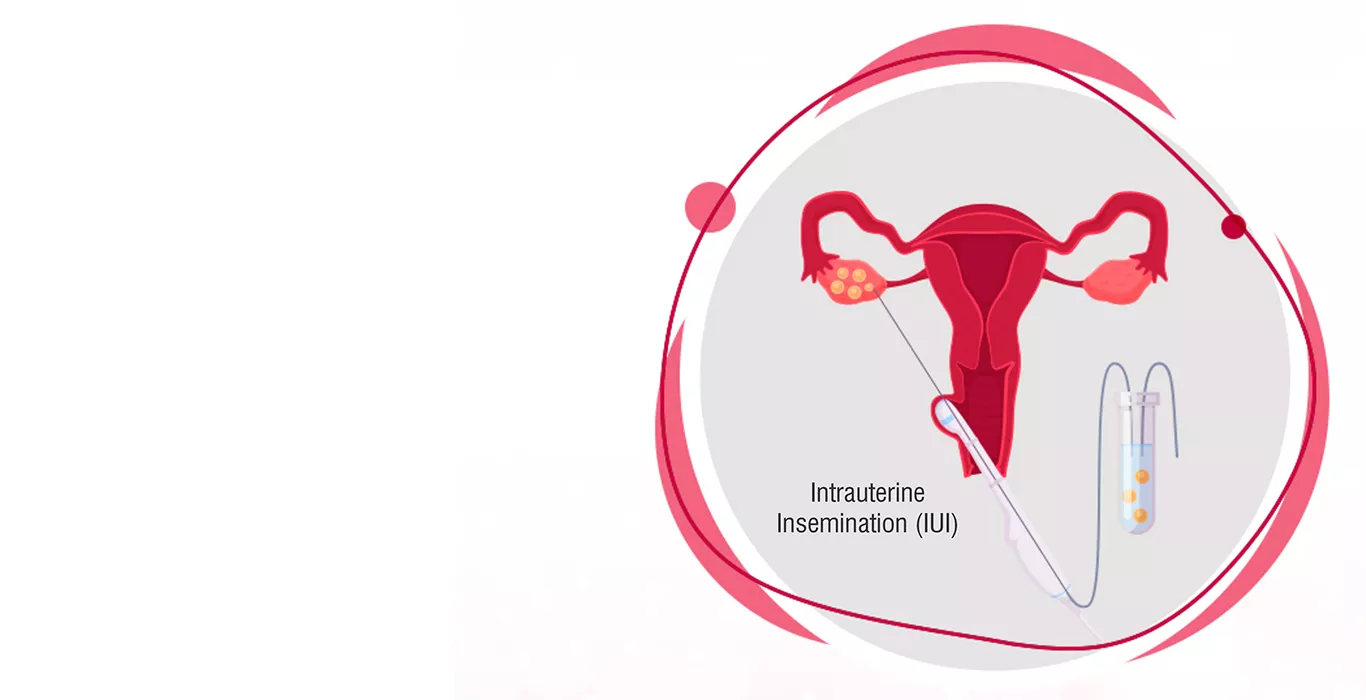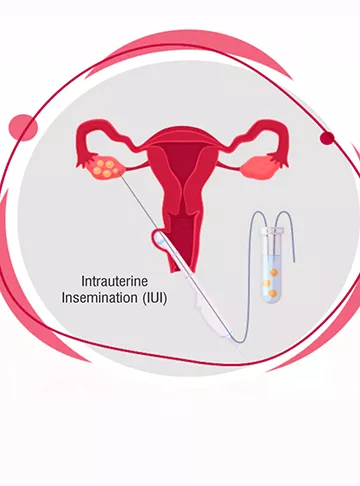When is IUI recommended?
IUI is recommended when couples experience unexplained infertility as well as cervical hostility in the female patient and male infertility. When these conditions impact the ability of sperms to enter through the cervix into the uterus and fertilise the egg, IUI is the preferred treatment option.
When is IUI not recommended?
In some cases of infertility, females may experience low ovarian reserve, infections in cervix making a hostile environment for sperms, tubal diseases where both fallopian tubes are compromised, and moderate to severe cases of endometriosis. In such cases, IUI is not a recommended process; rather, in vitro fertilisation would be the preferred option with better outcomes.
What tests are required prior to ensure that IUI is the preferred treatment option?
Pre-workup tests are performed to ascertain that IUI will lead to the best outcome. They check that the patients are in good health, hormonal levels are optimal, at least one fallopian tube is functional to support ovulation, and a uterus that can see through a pregnancy. Egg development is closely monitored to determine the best time for sperm injection. Additionally, male fertility conditions that span sperm count, sperm motility and morphology, semen ejaculation are also checked to conclude if self or donor sperms will be required.
Is IUI better than IVF?
The use case for IUI and IVF are different and the success rate of either depends on the patient’s case. IUI is a less invasive procedure that requires hormonal stimulation in the female and collected/donor sperms are placed inside the uterus; IVF in comparison requires more steps including ovum pickup, fertilisation of egg and sperm in the laboratory, laser assisted hatching, and embryo transfer.
When should one opt for IVF instead of IUI?
In certain circumstances, IUI might not work out for a couple. If IUI is unsuccessful after 3-4 attempts, IVF may be recommended as the next step. This is in case infertility is attributed to severe male and/or female factor.
What are the risks involved?
There are no major risks involved with IUI. The female may experience mild cramping after the procedure which goes away in a while and/or spotting for a short duration.
Is it safe to have intercourse before and after IUI?
It is suggested that the male partner abstains from ejaculating for 2-3 days before the collection of a semen samples in order to collect the maximum number of sperms and ensure their quality. After the procedure is performed, it is safe to have sexual intercourse 3-4 days later.
Pregnancy Calculator Tools for Confident and Stress-Free Pregnancy Planning
Get quick understanding of your fertility cycle and accordingly make a schedule to track it
Get a free consultation!















